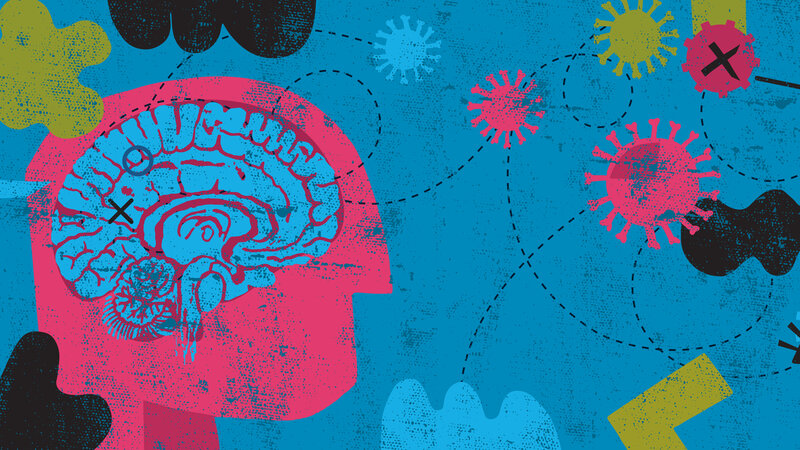https://www.npr.org/sections/health-shots/2023/11/13/ [login to see] /pain-fatigue-brain-fog-long-covid-neurological-effects
Michelle Wilson got COVID three years ago. She's still waiting for her brain and nervous system to recover.
Wilson's memory is spotty, she's frequently in pain, and even a short walk leaves her exhausted.
"I actually bought a cane that turns into a seat so I can go to the botanical garden," she says.
It's a big change for Wilson, 66, who had worked as a nurse at Barnes-Jewish Hospital in St. Louis. But after years of waiting to get better, she says she's realized something:
"This might be as good as it gets."
It's a story shared by a growing number of COVID "long-haulers" — those patients who suffer from persistent symptoms long after the initial infection has passed. Many of those symptoms, experts say, appear to be tied to COVID's effects on the brain and nervous system.



 Medical
Medical Health
Health


